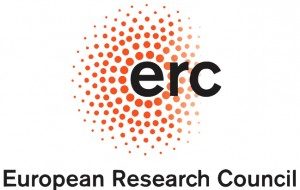Présentation
The role of peptidoglycan in bacterial cell physiology: from bacterial shape to host-microbe interactions
Peptidoglycan (PGN) is a major essential and unique component of the cell wall of both of Gram-negative and Gram-positive bacteria. Because of the central role of PGN metabolism in bacterial cell structure and shape, in antibiotic resistance and in host-microbe interactions, any process affecting one of these aspects has direct consequence on the other two. Hence, the study of PGN metabolism is of seminal importance for a better understanding of bacteria in their environment. My project is centered on these three major aspects of PGN metabolism using several bacterial models. The project can be divided in two parts, one aimed at studying PGN metabolism to better understand how bacteria assemble a mature PGN that confers rigidity and shape to the cell despite a highly dynamic process to accompany cell growth and division (Part A). I propose to continue using Helicobacter pylori as a bacterial model since genome analysis indicates a minimal set of genes involved in PGN metabolism and assembly suggesting it might be a simpler model to study PGN metabolism. By characterizing the role of H. pylori PGN synthetases and hydrolases, my aim is to better understand PGN metabolism and to develop new therapeutic/antimicrobial strategies. The second part of my research project (Part B) is aimed at studying the role of PGN in host-microbe interactions and its detection by the recently identified intracellular receptors Nod1 and Nod2. Using several bacterial models, the objective is to understand how pathogens are able to subvert/modulate the host response by modifying their PGN. The different models include H. pylori, Neisseria meningitidis, Yersinia sp., Listeria monocytogenes among others. A second objective is to understand the dynamics of PGN sensing in the host cell during infection: which PGN structures are presented by the different pathogens, how the host detects them, responds to them and eventually detoxifies them.






